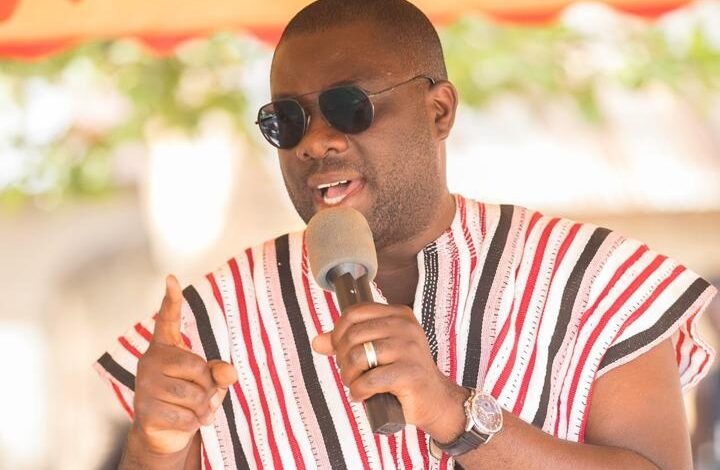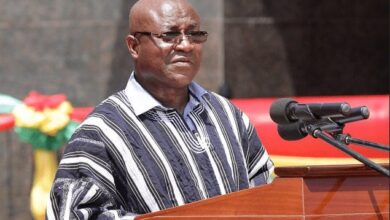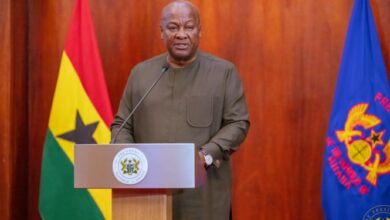Sammy Awuku urges Parliament to prioritise disability-inclusive civic education

The Member of Parliament for Akuapem North, Sammi Awuku, has called on Parliament to take bold steps in advancing inclusive civic education and formally recognising Ghanaian Sign Language as a national language.
Speaking during proceedings on Wednesday, June 18, 2025, Mr. Awuku emphasised the importance of tailoring civic education programmes to meet the needs of students with disabilities.
He proposed that the National Commission for Civic Education (NCCE) take the lead in implementing these efforts across the country.
“Mr. Speaker, Parliament must champion the development of civic education programs tailored to students with disabilities. These should be implemented through the NCCE and mainstreamed nationwide.”
Awuku praised what he described as one of the most forward-thinking proposals raised during a recent engagement with students from the Senior High Technical School for the Deaf in Mampong: that Ghanaian Sign Language be given formal national status.
“Mr. Speaker, one of the most progressive proposals made at the forum was for Parliament to formally recognise Ghanaian Sign Language as a national language.
The students argued, quite rightly, that such recognition would affirm their identity, improve public understanding, and promote greater national cohesion.”
He cited Article 21 of the UN Convention on the Rights of Persons with Disabilities (CRPD), which urges member states to accept and facilitate the use of sign languages and other accessible communication tools in official settings.
Awuku therefore called on the House to explore legislative options, including constitutional amendments, to integrate Ghanaian Sign Language into the basic education system and expand sign language training across all public institutions.
Turning his attention to the educators serving in special needs schools, Awuku underscored the critical role of teachers at the Senior High Technical School for the Deaf, who provide both academic and emotional support to students under difficult conditions.
“They do this under challenging conditions — without specialised allowances and often with inadequate accommodation.”
He backed the students’ recommendation for an “emotional allowance” similar to that given to village teachers, as well as improved staff housing to boost morale and effectiveness.
“Parliament must give serious consideration to these recommendations. Incentivising and retaining skilled educators in special needs schools is essential to bridging the inclusion gap in our educational system,” he concluded.
The MP’s statement adds to growing calls for a more inclusive and equitable education system that serves all Ghanaians regardless of physical ability.





